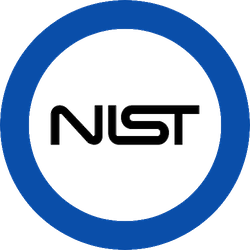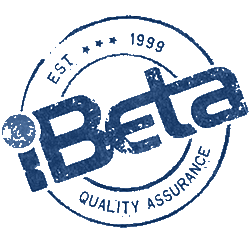Throughout the world, almost every existing country implemented a lockdown for the most part of 2020 to control the spread of COVID-19. This has been continued till now, and no one knows what the future awaits. This paradigm shift from daily interaction to strict social distancing has caused several businesses to reconsider their technological position and their ability to provide remote services. Owing to isolation and social distancing, humanity has been affected as a whole. All the businesses which required human interaction have been suffering since. As we already know, many have already been shut.
In these grim situations, banks are among the hardest hit institutions. While most banks offer digital services like online banking, very few in the world provide a remote onboarding process. However, with the pandemic, banks need to adapt to this growing demand for remote onboarding in order to continue with their services.
What are the challenges of remote onboarding in COVID-19.?
Banks face 3 major challenges during their remote onboarding processes. While major problems are related to KYC in banking and ID verification, there exist three types of different aspects of the problems which are the most vulnerable. These include:
- Security of the process
The major reason why banks are hesitant to integrate remote onboarding is their question of security. Real-time KYC requires human resources and is costly and time-consuming for any bank. However, this allows the bank to verify the identity of the person and detect any hint of fraud in real-time. Remote ID verification comes with an increased risk of spoofing that the banks are not willing to take.
- Regulatory policies
All banks and financial institutions are required to follow regulatory policies like KYC and AML. KYC in banking is provided with higher focus on e-KYC, or other digital methods of verification allow for easier spoofing. Regulating bodies in different countries provide varying policies for how a digital KYC process can or cannot be accepted. Therefore a bank operating in multiple countries is expected to comply with various regulatory policies. Introducing a remote onboarding process that fits this can become challenging and time-consuming for the bank.
- Internet security
Using an unsecured server can pose a data risk for the bank and the customer, and therefore, they restrict access to the banking platform or app if the connection is not secure. While this is understandable, banks lose out on many customers who don’t have access to secure servers or reliable internet connections.
What is the solution?
Despite the challenges mentioned above, the demand for remote KYC verification is ever increasing. Banks are looking to strengthen their existing onboarding and KYC processes to assess any emerging risks and develop internal policies to handle the same. These can be integrated into the onboarding software to ensure the process becomes simpler.
Partnering with Accura Scan helps banks and financial institutions to customize their onboarding process and increase security. Accura Scan has over 18 years of experience in providing Digital KYC and identity verification services. Find out more about their services by sending a mail to connect@accurascan.com.



























